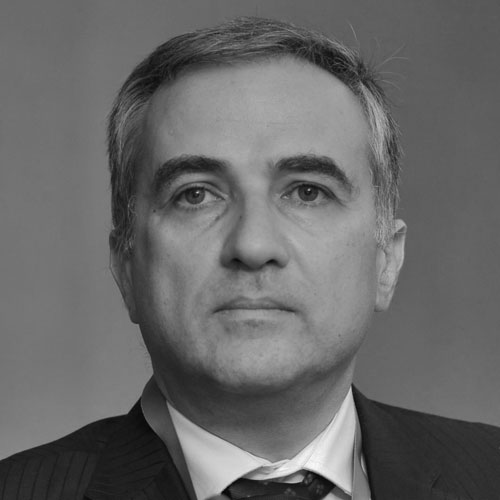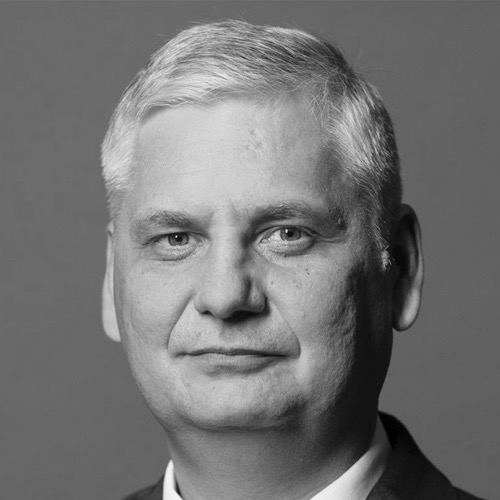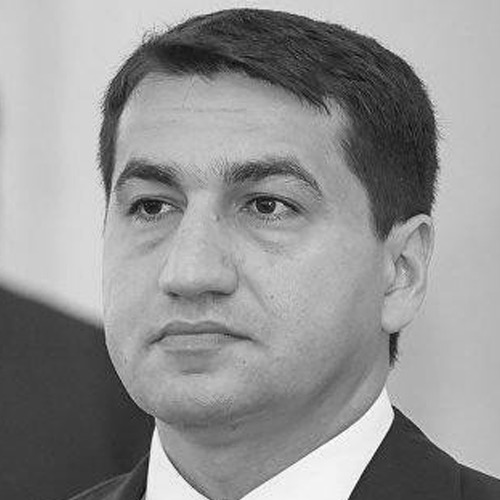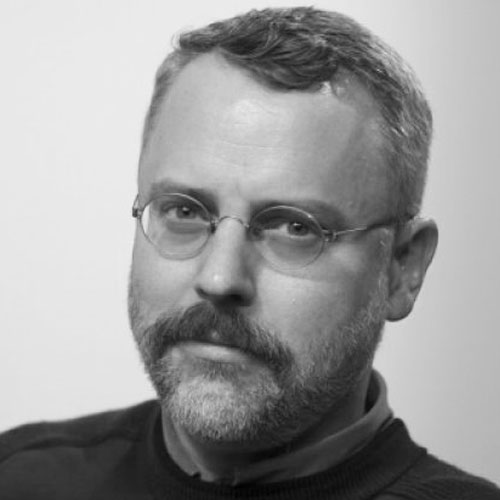The recent military clashes in the occupied region of Nagorno-Karabakh have increased regional tensions and raised the possibility of a full-scale war. The ceasefire agreement signed almost three decades ago and the mediation process led by the OSCE Minsk Group has failed to deliver sustainable peace. The Armenian attack against Azerbaijan’s Tovuz province in mid-July 2020 and the Azerbaijani response that came at the end of September have broken the status quo.
The conflict has not only drawn in regional powers such as Turkey, Russia, and Iran, but also international players including the United States, France, and Israel. However, Ankara and Moscow remain the main players and most-likely mediators of the conflict. The ongoing occupation of Nagorno-Karabakh has put regional peace and European energy security under threat. The Nagorno-Karabakh conflict will remain a regional powder keg so long as the stalemate continues, and the international community lacks the will to advance a viable solution. In this context, this session will focus on the roots of the conflict and whether or not a peaceful and viable solution to the conflict is possible.
Discussion Themes
• What are the main obstacles today standing in front of a sustainable peace agreement?
• How did we end up here? What are the possible motives behind the 27 September attack?
• What have been the results of Turkish-Azerbaijani military cooperation? Can we consider joint military exercises as a preparation for a full-scale war in Karabakh?
• How did the ceasefire affect the Nagorno-Karabakh fate in the last three decades?
• How should the international community deal with the occupation and the Armenian aggression?
• What is the role of international military organisations such as CSTO and NATO in the conflict?
• Why did the UN and the OSCE fail to implement resolutions that could solve the conflict?
• Will Russia’s influence over Armenia end if Yerevan agrees on withdrawal from the occupied region and develop better relations with Baku?
Discussants
• Asaf Hajiyev – Secretary General, Parliamentary Assembly of the Black Sea Economic Cooperation
• Nigar Arpadarai – Member of Parliament of the Republic of Azerbaijan
• Stanislav Pritchin – Expert, Institute of Oriental Studies, Russian Academy of Sciences
• Fuad Chiragov – Center of Analysis of International Relations, Azerbaijan
• Luke Coffey – Director of the Foreign Policy Center, The Heritage Foundation
• Alex Vatanka – Director of the Iran Programme, Middle East Institute
• Yaşar Sarı – Professor, Abant Izzet Baysal University
• Emre Erşen – Associate Professor, Marmara University
• Murat Yeşiltaş – Associate Professor, Ankara Social Sciences University & Director of Security Studies, SETA Foundation
• Cavid Veliyev – Head of Department of Center for Analysis of International Relations, Baku



